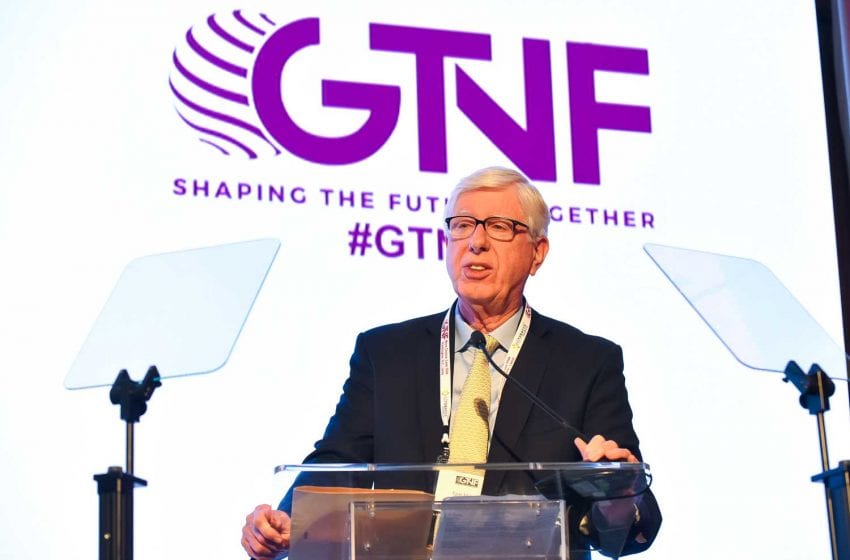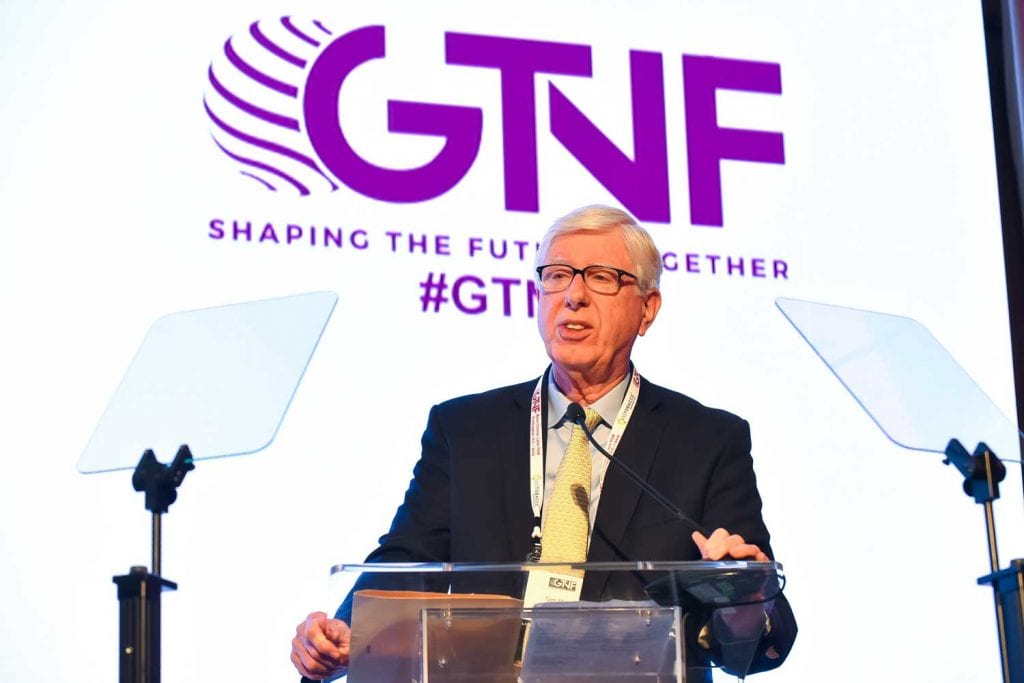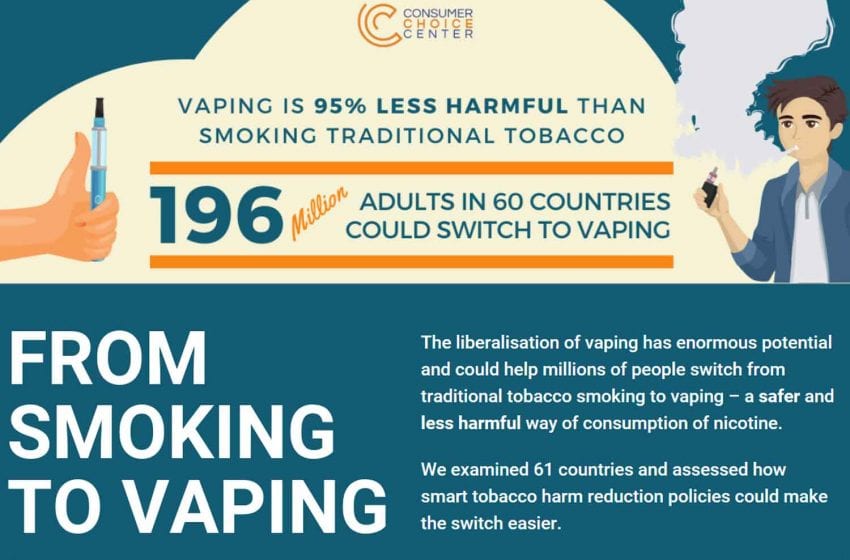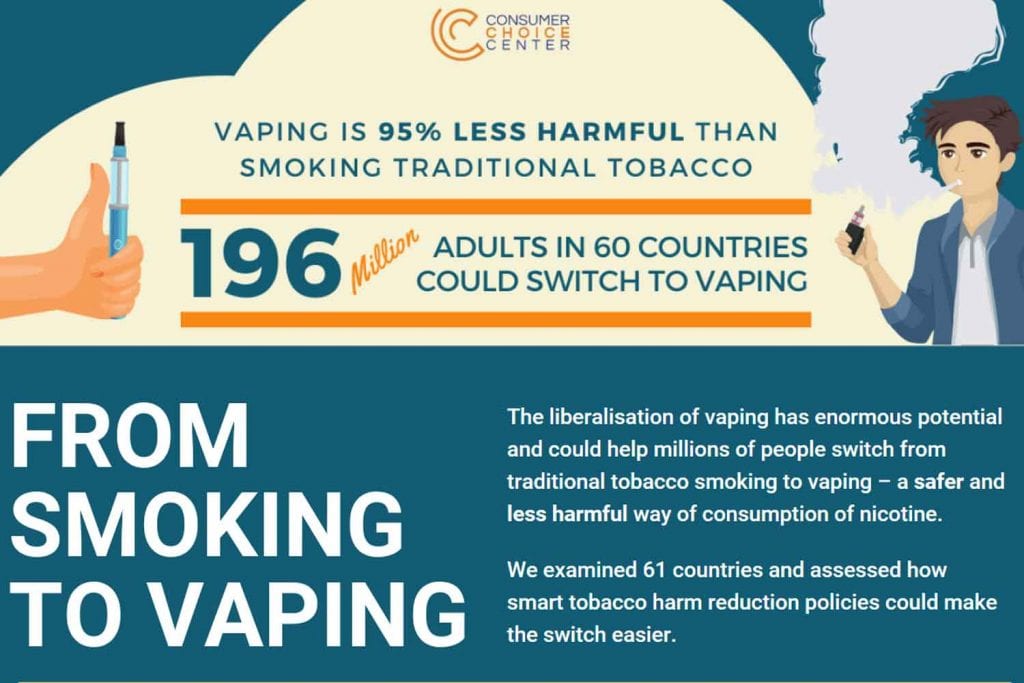Celebrating the World Health Organization’s World No Tobacco Day, Turkey’s president Recep Tayyip Erdogan on May 31 blasted the tobacco industry, saying it entrapped millions of young people in addiction.
“The tobacco industry has been filling its own pockets for decades, depriving the freedom of millions of young people, imprisoning them to a life of addiction,” Recep Tayyip Erdogan told Turkish youth via videoconference at an anti-smoking event in Istanbul.
Erdogan said temporary closures of hookah-smoking and entertainment venues introduced to curb the spread of the novel coronavirus would remain “for a while longer.”
In February, Turkey banned the import of e-cigarettes and related products. Asserting that the tobacco industry had tried to find new customers for the “poison” they produce, Erdogan accused the industry of propaganda and manipulation.
Turks consumed a record 119.7 billion cigarettes and spent TRY78 billion ($11.4 billion) to sustain their habit in 2019, according to data released by the country’s health ministry.
The figure exceeds the previous record, set in 2018, of 118.5 billion sticks, and comes despite a long-running anti-tobacco campaign.
Registering at up to 87 percent of retail price, Turkish cigarette taxes are among the world’s highest, following a series of hikes to tobacco taxes since the beginning of 2019.
An estimated 14.5 million adults and 252,000 children use tobacco every day in Turkey, according to Tobacco Atlas.




















